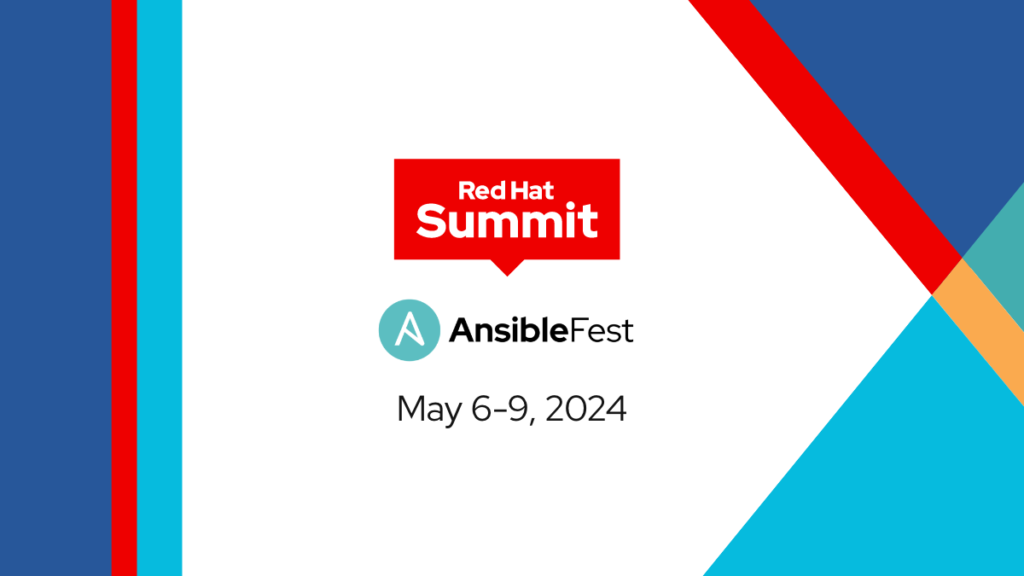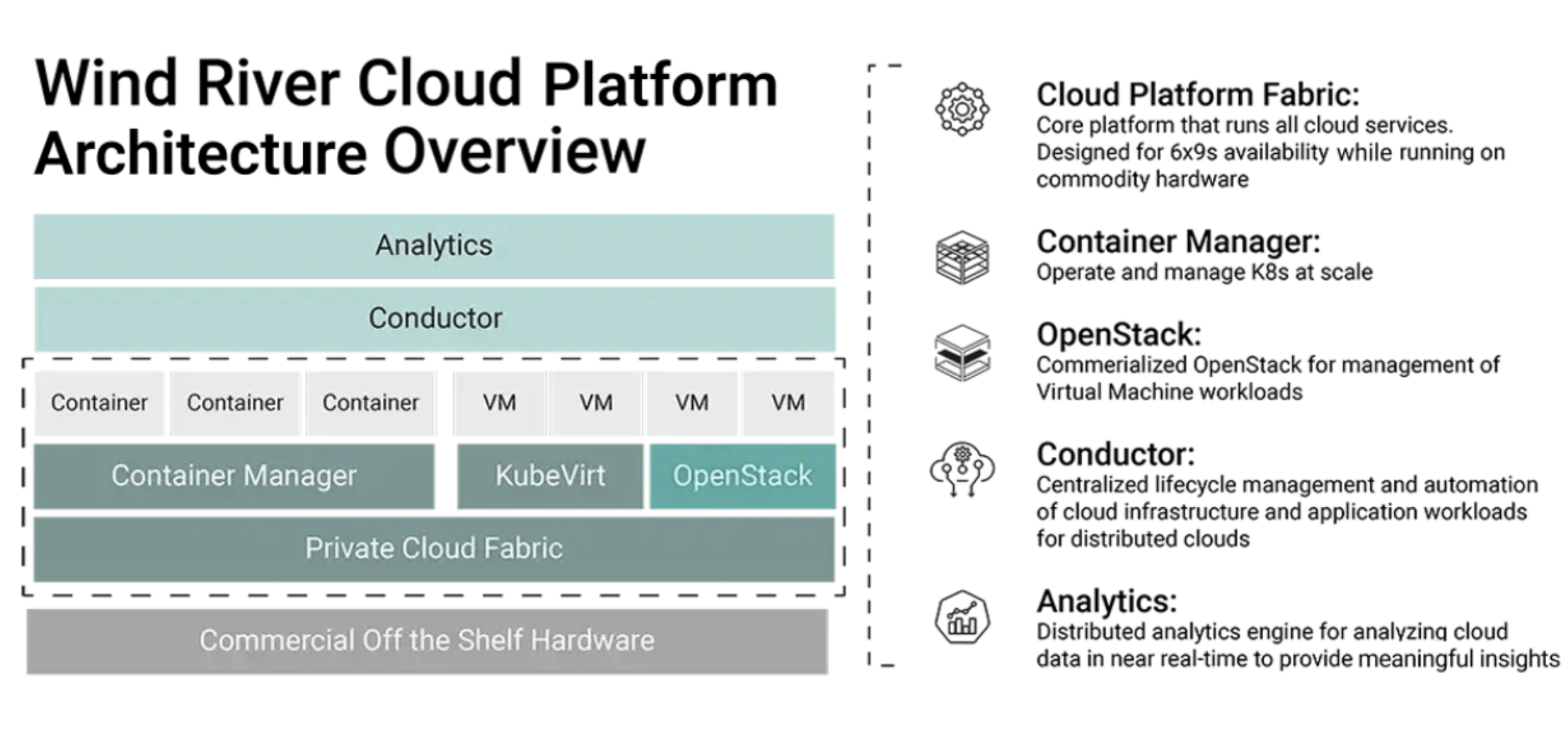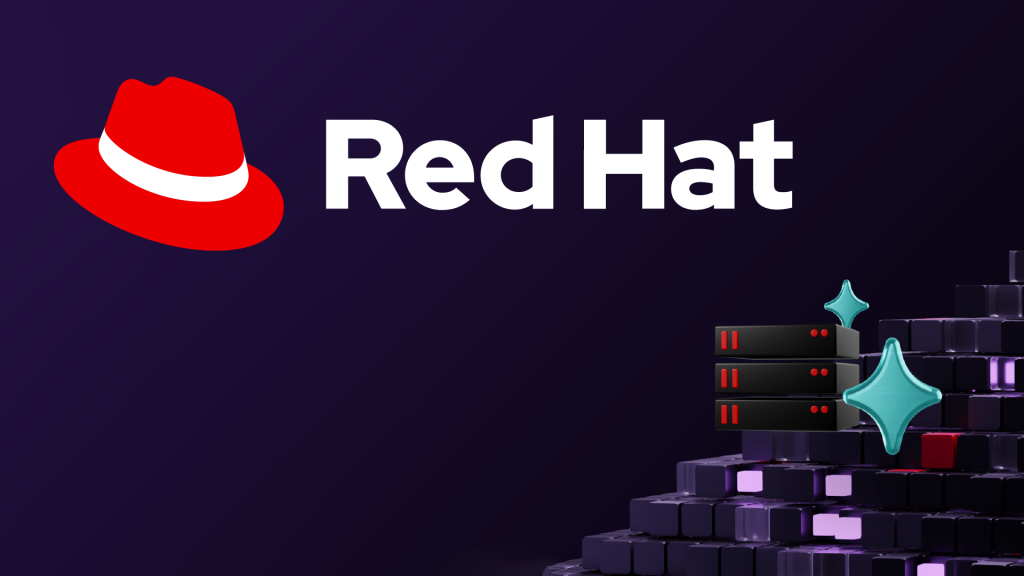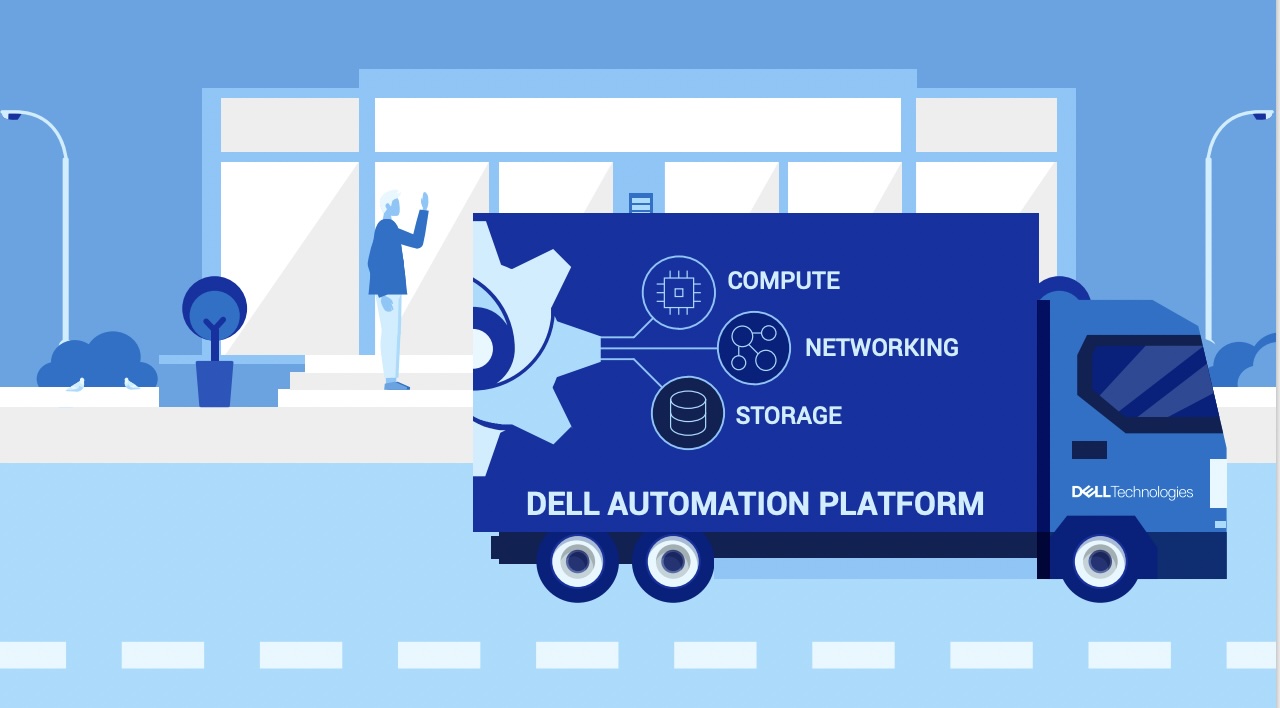Red Hat held its annual Red Hat in Denver, Colorado, showcasing significant innovations in AI and policy automation, reinforcing Red Hat’s commitment to advancing AI applications within the enterprise sector.
Key highlights included the introduction of “Policy as Code” in the Red Hat Ansible Automation Platform, expansions in the Red Hat Lightspeed portfolio to incorporate generative AI, and strategic collaborations with technology giants like Intel and AMD.
The event also marked the debut of Podman AI Lab, a new developer tool that aims to democratize AI by simplifying the creation and testing of AI applications in container environments.
Key Announcements and Innovations
The key announcements can be summarized as:
1. Policy as Code in Red Hat Ansible Automation Platform
- Objective: Address complexities of AI at scale in hybrid cloud environments.
- Functionality: Provides governance and consistency, ensuring compliance with critical standards as AI applications proliferate.
2. Expansion of Red Hat Lightspeed
- Integration of Generative AI: Enhancing IT task efficiency and accessibility across platforms such as Red Hat OpenShift and Red Hat Enterprise Linux.
- Benefits: Improve productivity, bridge skills gaps, and simplify application lifecycle management with features like automatic scaling suggestions and tuning recommendations.
3. Strategic Collaborations for Enhanced AI Capabilities
- Intel Partnership: Focuses on deploying end-to-end AI solutions using Intel’s suite of AI products, aimed at enhancing the development, training, and deployment of AI models from data centers to edge environments.
- AMD Collaboration: Enhances the deployment of AI workloads through AMD GPU operators within Red Hat OpenShift AI, improving processing capabilities for AI tasks.
4. NVIDIA NIM Microservices Integration
- Integration into Red Hat OpenShift AI: Facilitates the development of generative AI applications using NVIDIA’s AI models and Red Hat’s MLOps platform, streamlining management and scaling of AI deployments.
5. Launch of Podman AI Lab
- Toolset: Enables developers to build, test, and run AI-powered applications using a simplified graphical interface on local workstations.
- Key Features: A recipe catalog with sample applications for common AI use cases is offered, promoting an intuitive and secure development environment.
Strategic Impact and Industry Implications
Advancements in AI and Automation
Red Hat’s integration of AI within its core offerings enhances automation capabilities across its platforms. This move positions Red Hat as a leader in enterprise AI solutions and aligns with industry trends favoring intelligent automation and AI-driven decision-making.
Strengthening Hybrid Cloud Capabilities
By enhancing its hybrid cloud portfolio with AI functionalities, Red Hat offers more robust solutions that cater to the evolving demands of modern IT infrastructure. This is particularly crucial as businesses rely on hybrid environments for flexibility and scalability.
Enhancing Developer Experience and Productivity
Introducing tools like Podman AI Lab shows Red Hat’s continuing focus on improving the developer experience by providing accessible, efficient, and secure tools for AI application development. This approach democratizes AI and empowers developers to leverage AI technologies without extensive specialization.
Analysis
The 2024 Red Hat Summit has been pivotal, marking significant strides in AI integration and policy automation within its product suite. Through strategic partnerships and innovative product enhancements, Red Hat continues to influence the enterprise AI landscape significantly, driving efficiency and growth across various sectors.
These developments enhance Red Hat’s product offerings and solidify its position as a leader in enterprise solutions, which are shaping the future of IT and AI applications in business.





